导读:要检验自己的知识水平和进行练习,高考真题是最好的工具。每年的真题在知识点覆盖,不同难度题目搭配等方面都进行了充分的考虑。虽然每年题目都不一样,但万变不离其宗。以下是2016年北京卷高考英语真题及答案,供同学们练习。
2016年普通高等学校全国统一考试(北京卷) 英语
本试卷共16页, 共150分。考试时间为120分钟。考生务必将答案答在答题卡上,在试卷上作答无效。考试结束后,将本试卷和答题卡一并交回。
第一部分:听力理解(共三节:30 分)
第一节(共 5 小题;每小题 1. 5 分,共 7. 5 分)
听下面5段对话。每段对话后有一道小题,从每题所给的A、B、C三个选项中选出最佳选项。听完每段对话后,你将有10秒钟的时间来回答有关小题和阅读下一小题,每段对话你将听一遍。
1. What does the man want to borrow?
A. A pencil. B. An eraser. C. A pen.
2. What is the woman doing now?
A. Eating. B. Going home. C. Having group study.
3. What does the man have for earthquake preparation?
A. A candle. B. A radio. C. A flashlight.
4. Where does the conversation most probably take place?
A. In a bank. B. In a hotel. C. In a store.
5. Where will the man go for his holiday?
A. Brazil. B. Denmark. C. Greece.
第二节(共10小题;每小题1. 5分,共15分)
听下面4段对话或独白。每段对话或独白后有几道小题,从每题所给的A、B、C三个选项中选出最佳选项。听每段对话或独白前,你将有5秒钟的时间阅读每小题。听完后,每小题将给出5秒钟的作答时间。每段对话或独白你将听两遍。
听第6段材料,回答第6至7题。
6. When does the supermarket close on Sundays?
A. At 5:00 pm. B. At 7:00 pm. C. At 8:00 pm.
7. What have the two speakers decided to do now?
A. Go shopping. B. Take a walk. C. Have dinner
听第7段材料,回答第8至9题。
8. Why does the man make the call?
A. To make a booking.
B. To make a suggestion.
C. To make an appointment.
9. When will the man return from London?
A. On March 10. B. On March 12. C. On March 22.
听第8段材料,回答第10至12题。
10. What is the possible between the two speakers ?
A. Headmaster and teacher.
B. Manager and customer.
C. Boss and clerk.
11. On which of following days will woman work?
A. Wednesday. B. Saturday. C. Sunday.
12. How often will the woman have on-the-job training?
A. Once a week. B. Once a month. C. Once a year.
听第9段材料,回答第13至15题。
13. What is the speaker mainly talking about?
A. Course materials.
B. After-school activities.
C. Changes in the timetable.
14. What will the first class be today?
A. English. B. History. C. Art.
15. Which group will meet on Friday?
A. The debating group.
B. The handball group.
C. The music group.
第三节(共5小题;每小题1. 5分,共7. 5分)
听下面一段对话,完成第16至第20五道小题,每小题仅填写一个词。听对话前,你将有20秒钟的时间阅读试题,听完后你将有60秒钟的作答时间。这段对话你将听两遍。
Customer Service Form
Room No. 16
Name George 17
Phone No. 61-293-312097
Event Booking a(n) 18
Leaving:1:20 pm from the hotel to the MQ 19
Returning:8:00 pm waiting 20 the MQ and then back to hotel
第二部分:知识运用(共两节,45 分)
第一节 单项填空(共 15 小题;每小题 1 分,共 15 分)
从每题所给的 ABCD 四个选项中,选出可以填入空白处的最佳选项,并在答题卡上将该项涂黑。
例:It’s so nice to hear from her again ________, we last met more than
thirty years ago.
A. What’s more B. That’s to say
C. In other words D. Believe it or not
答案是D。
21. Jack in the lab when the power cut occurred.
A. works B. has worked C. was working D. would work
22. I live next door to a couple children often make a lot of noise.
A. whose B. why C. where D. which
23. —Excuse me, which movie are you waiting for?
—The new Star Wars. We here for more than two hours.
A. waited B. wait C. would be waiting D. have been waiting
24. Your support is important to our work. You can do helps.
A. However B. Whoever C. Whatever D. Wherever
25. I half of the English novel, and I,ll try to finish it at the
weekend.
A. read B. have read C. am reading D. will read
26. it easier to get in touch with us, you,d better keep this card at
hand.
A. Made B. Make C. Making D. To make
27. My grandfather still plays tennis now and then, he,s in his
nineties.
A. as long as B. as if C. even though D. in case
28. ______ over a week ago, the books are expected to arrive any time
now.
A. Ordering B. To order
C. Having ordered D. Ordered
29. The most pleasant thing of the rainy season is _____ one can be
entirely dust.
A. what B. that
C. whether D. why
30. The students have been working hard on their lessons and their
efforts______ success in the end.
A. rewarded B. were rewarded
C. will reward D. will be rewarded
31. I love the weekend, because I_____ get up early on Saturdays and
Sundays.
A. needn’t B. mustn’t
C. wouldn’t D. shouldn’t
32. Newly-built wooden cottages line the street, _______ the old town into
a dreamland.
A. turn B. turning
C. to turn D. turned
33. I really enjoy listening to music ___ it helps me relax and takes my
mind away from other cares of the day.
A. because B. before
C. unless D. until
34. Why didn’t you tell me about your trouble last week? If you ___ me, I
could have helped.
A. told B. had told
C. were to tell D. would tell
35. I am not afraid of tomorrow, ______ I have seen yesterday and I love
today.
A. so B. and
C. for D. but
第二节 完形填空(共 20 小题;每小题 1. 5 分,共 30 分)
阅读下面短文, 掌握其大意,从每题所给的 A、B、C、D 四个选项中,选出最佳选项,并在答题卡上讲该项 涂黑。
A Race Against Death
It was a cold January in 1925 in North Alaska. The town was cut off from
the rest of the world due to heavy snow.
On the 20th of that month, Dr. Welch 36 a Sick boy, Billy, and knew he had
diphtheria, a deadly infectious(传染的)disease mainly affecting children. The
children of Nome would be 37 if it struck the town. Dr. Welch needed medicine as
soon as possible to stop other kids from getting sick. 38 , the closest supply
was over 1, 000 miles away, in Anchorage.
How could the medicine get to Nome? The town`s 39 was already full of ice,
so it couldn`t come by ship. Cars and horses couldn`t travel on the 40 roads.
Jet airplanes and big trucks didn`t exist yet.
41 January 26, Billy and three other children had died. Twemty more were 42
. Nome`s town officials came up with a(n) 43 . They would have the medicine sent
by 44 from Anchorage to Nenana. From there, dogeled(狗拉雪橇)drivers—known as
“mushers”—would 45 it to Nome in a relay(接力).
The race began on January 27. The first musher, Shannon, picked up the
medicine from the train at Nenana and rode all night. 46 he handed the medicine
to the next musher, Shannon`s face was black from the extreme cold.
On January 31, a musher named Seppala had to 47 a frozen body of water
called Norton Sound . It was the most 48 part of the journey. Norton Sound was
covered with ice, which could sometimes break up without warning. If that
happened, Seppala might fall into the icy water below. He would 49 , and so
would the sick children of Nome. But Seppala made it across.
A huge snowstorm hit on February 1. Amusher named Kaasen had to brave this
storm. At one point, huge piles of sonw blocked his 50 . He had to leave the
trail (雪橇痕迹)to get around them. Conditions were so bad that it was impossible
for him to 51 the trail again. The only hope was Balto, Kaasen’s lead dog, Balto
put his nose to the ground, 5 2 to find the smell of other dogs that had
traveled on the trail. If Balto failed, it would mean disaster for Nome. The
minutes passed by. Suddenly, Balto began to 53 . He had foung the trail
At 5:30 am on February 2, Kaasen and his dog 54 in Nome. Within minutes,
Dr. Welch had the medicine. He quickly gave it to the sick children. All of them
recoverd.
Nome had been 55 .
36. A. examined B. warned C. interviewed D. cured
37. A. harmless B. helpless C. fearless D. careless
38. A. Moreover B. Therefore C. Otherwise D. However
39. A. airport B. station C. harbor D. border
40. A. narrow B. snowy C. busy D. dirty
41. A. From B. On C. By D. After
42. A. tired B. upset C. pale D. sick
43. A. plan B. excuse C. message D. topic
44. A. air B. rail C. sea D. road
45. A. carry B. return C. mail D. give
46. A. Though B. Since C. When D. If
47. A. enter B. move C. visit D. cross
48. A. shameful B. boring C. dangerous D. foolish
49. A. escape B. bleed C. swim D. die
50. A. memory B. exit C. way D. destination
51. A. find B. fix C. pass D. change
52. A. pretending B. trying C. asking D. learning
53. A. run B. leave C. bite D. play
54. A. gathered B. stayed C. camped D. arrived
55. A. controlled B. saved C. founded D. developed
第三部分:阅读理解 (共两节,20 分)
第一节(共 15 小题;每小题 2 分,共 30 分)
阅读下列短文:从每题所给的 A、B、C、D 四个选项中,选出最佳选项,将正确的选项涂在答题卡上。
A
Dear Alfred,
I want to tell you how important your help is to my life.
Growing up, I had people telling me I was too slow, though, with an IQ of
150 at 17, I’m anything but stupid. The fact was that I was found to have
ADIID(注意力缺陷多动障碍). Anxious all the time, I was unable to keep focused for more
than an hour at a time.
However, when something did interest me, I could become absorbed. In high
school, I became curious about the computer, and built my first website.
Moreover, I completed the senior course of Computer Basics, plus five relevant
pre-college courses.
While I was exploring my curiosity, my disease got worse. I wanted to go to
college after high school, but couldn’t . So, I was killing my time at home
until June 2012 when I discovered the online computer courses of your training
center.
Since then, I have taken courses like Data Science and Advanced
Mathematics. Currently, I’m learning your Probability course. I have hundreds of
printer paper, covered in self-written notes from your video. This has given me
a purpose.
Last year, I spent all my time looking for a job where, without dealing
with the public , I could work alone, but still have a team to talk to. Luckily,
I discovered the job—Data Analyst—this month and have been going full steam
ahead. I want to prove that I can teach myself a respectful profession, without
going to college, and be just as good as, if not better than, my
competitors.
Thank you. You’ve given me hope that I can follow my heart. For the first
time, I feel good about myself because I’m doing something, not because someone
told me I was doing good. I feel whole.
This is why you’re saving my life.
Yours,
Tanis
56. why did’t Tanis go to college after high school?
A. She had learned enough about computer science
B. She had more difficulty keeping foucesed
C. She preferred taking online courses
D. She was too slow to learn
57. AS for the working environment, Tains prefers____.
A . working by herself
B. dealing with the public
C. competing against others
D. staying with ADHD students
58. Tanis wrote this letter in order to_____.
A. explain why she was interested in the computer
B. share the ideas she had for her profession
C . show how grateful she was to the center
D. describe the courses she had taken so far
B
Surviving Hurricane Sandy(飓风桑迪)
Natalie Doan, 14, has always felt lucky to live in Rockaway, New York.
Living just a few blocks from the beach, Natalie can see the ocean and hear the
wave from her house. “It’s the ocean that makes Rockaway so special, ” she
says.
On October 29, 2012, that ocean turned fierce. That night, Hurricane Sandy
attacked the East Coast, and Rockaway was hit especially hard. Fortunately,
Natalie’s family escaped to Brooklyn shortly before the city’s bridge
closed.
When they returned to Rockaway the next day, they found their neighborhood
in ruins. Many of Natalie’s friends had lost their homes and were living far
away. All around her, people were suffering, especially the elderly. Natalie’s
school was so damaged that she had to temporarily attend a school in
Brooklyn.
In the following few days, the men and women helping Rockaway recover
inspired Natalie. Volunteers came with carloads of donated clothing and toys.
Neighbors devoted their spare time to helping others rebuild. Teenagers climbed
dozens of flights of stairs to deliver water and food to elderly people trapped
in powerless high-rise buildings.
“My mom tells me that I can’t control what happens to me,” Natalie says.
“but I can always choose how I deal with it. ”
Natalie’s choice was to help.
She created a website page matching survivors in need with donors who
wanted to help. Natalie posted introduction about a boy named Patrick, who lost
his baseball card collecting when his house burned down. Within days, Patrick’s
collection was replaced.
In the coming months, her website page helped lots of kids: Christopher,
who received a new basketball; Charlie, who got a new keyboard. Natalie also
worked with other organizations to bring much-need supplies to Rockaway. Her
efforts made her a famous person. Last April, she was invited to the White House
and honored as a Hurricane Sandy Champion of Change.
Today, the scars(创痕)of destruction are still seen in Rockaway, but hope is
in the air. The streets are clear, and many homes have been rebuilt. “I can’t
imagine living anywhere but Rockaway, ” Natalie declares. “My neighborhood will
be back, even stronger than before. ”
59. When Natalie returned to Rockaway after the hurricane , she
found______.
A. some friends had lost their lives
B. her neighborhood was destroyed
C. her school had moved to Brooklyn
D. the elderly were free from suffering
60. According to paragraph4, who inspired Natalie most?
A. The people helping Rockaway rebuild
B. The people trapped in high_rise building
C. The volunteers donating money to suevivors
D. Local teenagers bringing clothing to elderly people
61. How did Natalie help the survivors?
A. She gave her toys to the kids
B. She took care of younger children
C. She called on the White House to help
D. She built an information sharing platform
62. What does the story intend to tell us?
A. Little people can make a big difference
B. A friend in need is a friend indeed
C. East or West, home is best
D. Technology is power
C
California Condor’s Shocking Recovery
California condors are North America’s largest birds, with wind-length of
up to 3 meters. In the 1980s, electrical lines an d lead poisoning(铅中毒) nearly
drove them to dying out. Now, electric shock training and medical treatment are
helping to rescue these big birds.
In the late 1980s, the last few condors were taken from the wild, and there
are now more than 150 flying over California and nearby Arizona, Utah and Baja
in Mexico.
Electrical lines have been killing them off. “As they go in to rest for the
night, they just don’t see the power lines, ” says Bruce Rideout of San Diego
Zoo. Their wings can bridge the gap between lines, resulting in
electrocution(电死) if they touch two lines at once.
So scientists have come up with a shocking idea. Tall poles, placed in
large training areas, teach the birds to stay clear of electrical lines by
giving them a painful but undeadly electric shock. Before the training was
introduced, 66% of set-freed condors died of electrocution. This has now dropped
to 18%.
Lead poisonous has proved more difficult to deal with. When condors eat
dead bodies of other animals containing lead, they absorb large quantities of
lead. This affects their nervous systems and ability to produce baby birds, and
can lead to kidney(肾) failures and death. So condors with high levels of lead
are sent to Los Angeles Zoo, where they are treated with calcium EDTA, a
chemical that removes lead from the blood over several days. This work is
starting to pay off. The annual death rate for adult condors has dropped from
38% in 2000 to 5. 4% in 2011.
Rideout’s team thinks that the California condors’ average survival time in
the wild is now just under eight years. “Although these measures are not
effective forever, they are vital for now, ” he says. “They are truly good birds
that are worth every effort we put into recovering them. ”
63. California condors attract researchers’ interest because they .
A. are active at night
B. had to be bred in the wild
C. are found on in California
D. almost died out in the 1980s
64. Researchers have found electrical lines are .
A. blocking condors’ journey home
B. big killers of Califorbnia condoras
C. rest places for condors at night
D. used to keep condors away
65. According to Paraghaph 5 , lead poisoning .
A. makes condors too nervous to fly
B. has little effect on condors’ kidneys
C. can hardly be gotten rid of form condors’ blood
D. makes it different for condors to produce baby birds
66. The passage shows that .
A. the average survival time of condors is satisfactory
B. Rideout’s research interest lies in electric engineering
C. the efforts to protect condors bave brought good results
D. researchers have found the final answers to the problem
D
Why College Is Not Home
The college years are supposed to be a time for important growth in
autonomy(自主性) and the development of adult identity. However, now they are
becoming an extended period of adolescence, during which many of today’s
students and are not shouldered with adult responsibilities.
For previous generations, college was decisive break from parental control;
guidance and support needed help from people of the same age and from within. In
the past two decades, however, continued connection with and dependence on
family, thanks to cellphones, email and social media, have increased
significantly. Some parents go so far as to help with coursework. Instead of
promoting the idea of college as a passage from the shelter of the family to
autonomy and adult responsibility, universities have given in to the idea that
they should provide the same environment as that of the home.
To prepare for increased autonomy and responsibility, college needs to be a
time of exploration and experimentation. This process involves “trying on ” new
ways of thinking about oneself bothe intellectually(在思维方面) and personally. While
we should provide “safe spaces” within colleges, we must also make it safe to
express opinions and challenge majority views. Intellectual growth and
flexibility are fostered on debate and questioning.
Learning to deal with the social world is equally important. Because a
college community(群体) differs from the family, many students will struggle to
find a sense of belonging. If students rely on administrators to regulate their
social behavior and thinking pattern, they are not facing the challenge of
finding an identity within a larger and complex community.
Moreover, the tendency for universities to monitor and shape student
behavior runs up against another characteristic of young adults: the response to
being controlled by their elders. If acceptable social behavior is too strictly
defined(规定) and controlled, the insensitive or aggressive behavior that
administrators are seeking to minimize may actually be encouraged.
It is not surprising that young people are likely to burst out,
particularly when there are reasons to do so. Our generation once joined hands
and stood firm at times of national emergency. What is lacking today is the
conflict between adolescent’s desire for autonomy and their understanding of an
unsafe world. Therefore, there is the desire for their dorms to be replacement
homes and not places to experience intellectual growth.
Every college discussion about community values, social climate and
behavior should include recognition of the developmental importance of student
autonomy and self-regulation, of the necessary tension between safety and
self-discovery.
67. What’s the author’s attitude toward continued parental guidance to
college students?
A. Sympathetic B. Disapproving
C. Supportive D. Neutral
68. The underlined word “passage” in Paragraph 2 means .
A. change B. choice
C. text D. extension
69. According to the author, what role should college play?
A. to develop a shared identity among students
B. to define and regulate students’ social behavior
C. To provide a safe world without tension for students
D. To foster students’ intellectual and personal development
70. Which of the following shows the development of ideas in the
passage?
第二节(共 5 小题;每小题 2 分。共 10 分)
根据短文内容,从短文后的七个选项中选出正确的填入空白处。选项中有两项为多余选项。
The Science of Risk-Seeking
Sometimes We decide that a little unnecessary danger is worth it because
when we weigh the risk and the reward, the risk seems worth tasking. 71 Some of
us enjoy activities that would surprise and scare the rest of us. Why? Experts
say it may have to do with how our brains work.
The reason why any of us take any risks at all might have to do with early
humans. Risk-takers were better at hunting, fighting, or exploring. 72 As the
quality of Risk-taking was passed from on ration to the next, humans ended up
with a sense of adventure and a tolerance for risk.
So why aren’t we all jumping out of airplanes then? Well, even 200, 000
years ago, too much risk-taking could get one Killed. A few daring survived,
though, along with a few stay-in-the-cave types. As a result, humans developed a
range of character types that still exists today. So maybe you love car racing,
or maybe you hate it. 73
No matter where you are on the risk-seeking range, scientists say that your
Willingness to take risks increases during your teenage years. 74 To help you do
that, your brain increases your hunger for new experiences. New experiences
often mean taking some risks, so your brain raises your tolerance for risk as
well.
Mean taking some risks, so your brain raisers your tolerance for risk as
well.
75 For the risk-seekers a part of the brain related to pleasure becomes
active, while for the rest of us, a part of the brain related to fear becomes
active.
As experts continue to study the science of risk-seeking, we’ll continue to
hit the mountains, the waves or the shallow end of the pool.
A.It all depends on your character.
B.Those are the risks you should jump to take.
C.Being better at those things meant a greater chance of survival.
D.Thus, these well-equipped people survived because they were the
fittest.
E.This is when you start to move away from your family and into the bigger
world.
F.However, we are not all using the same reference standard to weigh risks
and rewards.
G.New brain research suggests our brains work differently when we face a
nervous situation.
第四部分:书面表达(共两节,35 分)
第一节(15分)
假设你是红星中学高三学生李华。你的英国朋友Jim
在给你的邮件中提到他对中国历史很感兴趣,并请你介绍一位你喜欢的中国历史人物。请你给Jim回信,内容包括:
1. 该人物是谁;
2. 该人物的主要贡献;
3. 该人物对你的影响。
注意:
1. 词数不少于50;
2. 开头和结尾已给出,不计入总词数。
Dear Jim,
_____________________________________________________________________
_____________________________________________________________________
____________________ _________________________________________________
Yours,
Li Hua
第二节 ( 20 分)
假设你是红星中学高三一班的学生李华。你班同学参加了学校的“地球日”系列活动。请按照以下四幅图的先后顺序,以“Actions for a Greener
Earth”为题,给校刊“英语角”写一篇英文稿件,介绍活动的全过程。
注意:词数不少于60。
提示词:地球日Earth Day
2016年普通高等学校全国统一考试英语(北京卷)参考答案
第一部分:听力理解(共三节,30 分)
第一节(共 5 小题;每小题 1. 5 分,共 7. 5 分)
1. A 2. B 3. C 4. B 5. A
第二节(共10小题;每小题1. 5分,共15分)
6. A 7. B 8. A 9. C 10. C
11. B 12. B 13. C 14. A 15. C
第三节(共5小题;每小题1. 5分,共7. 5分)
每小题1. 5分。如果出现拼写错误不计分;出现大小写、单复数错误扣0. 5分;如每小题超过一个词不计分。
16. 1211/12-11/Twelve-Eleven/twelve-eleven/Twelve-eleven/TWELVE-ELEVEN
17. Hogarth/HOGARTH
18. taxi
19. Tower/TOWER
20. outside
第二部分:知识运用(共两节,45 分)
第一节 单项填空(共 15 小题;每小题 1 分,共 15 分)
21. C 22. A 23. D 24. C 25. B 26. D 27. C 28. D 29. B 30. D
31. A 32. B 33. A 34. B 35. C
第二节 完形填空(共 20 小题;每小题 1. 5 分,共 30 分)
36. A 37. B 38. D 39. C 40. B
41. C 42. D 43. A 44. B 45. A
46. C 47. D 48. C 49. D 50. C
51. A 52. B 53. A 54. D 55. B
第三部分:阅读理解 (共两节,20 分)
第一节(共 15 小题;每小题 2 分,共 30 分)
56. B 57. A 58. C 59. B 60. A
61. D 62. A 63. D 64. B 65. D
66. C 67. B 68. A 69. D 70. C
第二节(共 5 小题;每小题 2 分。共 10 分)
71. F 72. C 73. A 74. E 75. G
第四部分:书面表达(共两节,35 分)
第一节(15分)
Dear Jim,
It’s great to hear from you. I feel proud knowing your interest in Chinese
history.
As for my favorite figure in Chinese history, it must be Wei Yuan, a great
thinker in the late Qing Dynasty. He, in his book, Haiguo Tuzhi(Maps and Records
of the World), introduced modern technologies and ideas to China. That opened
our eyes to the world. In fact, he inspires me to major in English in college,
to be a bridge between China and the world.
Interested in knowing more? I can find you some books! Just let me
know.
Cheers!
Yours,
Li Hua
第二节 ( 20 分)
一、内容要点:
1. 获知信息 2. 制作 3. 分发 4. 演讲
二、 One possible version:
A week before Earth Day, posters were put up around our school, calling
upon us to join in the actions for a greener earth.
Our class came up with the idea to make better use of used materials. We
brought to our classroom worn-out clothes, pieces of cardboard and empty plastic
bottles, and turned those into dolls, handbags, issue boxes and small vases.
That weekend, we went to a nearby neighborhood and gave them away to the people
there. All were very happy with those unexpected gifts, especially little kids
and elderly people. We did so well that we were invited to share our idea and
experience with all the students of our school.
We are very proud of ourselves and believe we can do more for a better
world.
延伸阅读:
历年高考英语真题卷及解析大合集
历年全国各省市高考英语作文汇总
2018年全国各省市高考真题及答案大汇总
2019高考英语专项大作战专题
历年分数线专题
2018湖南省大学排行榜
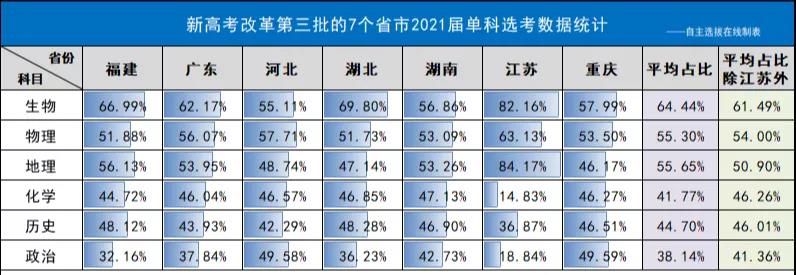
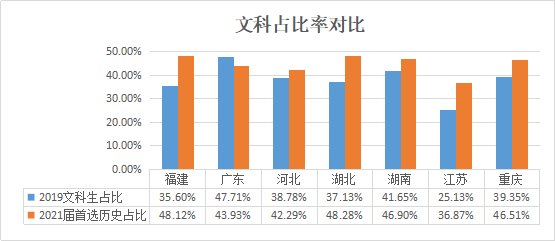
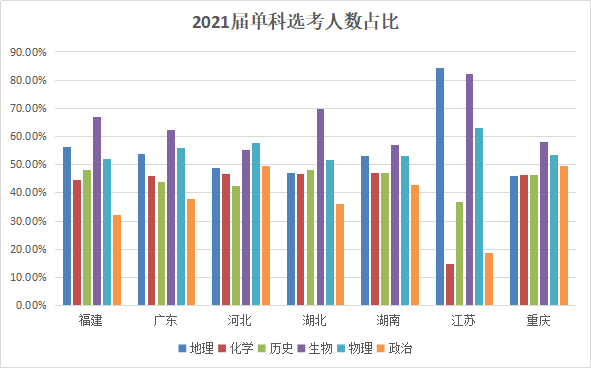










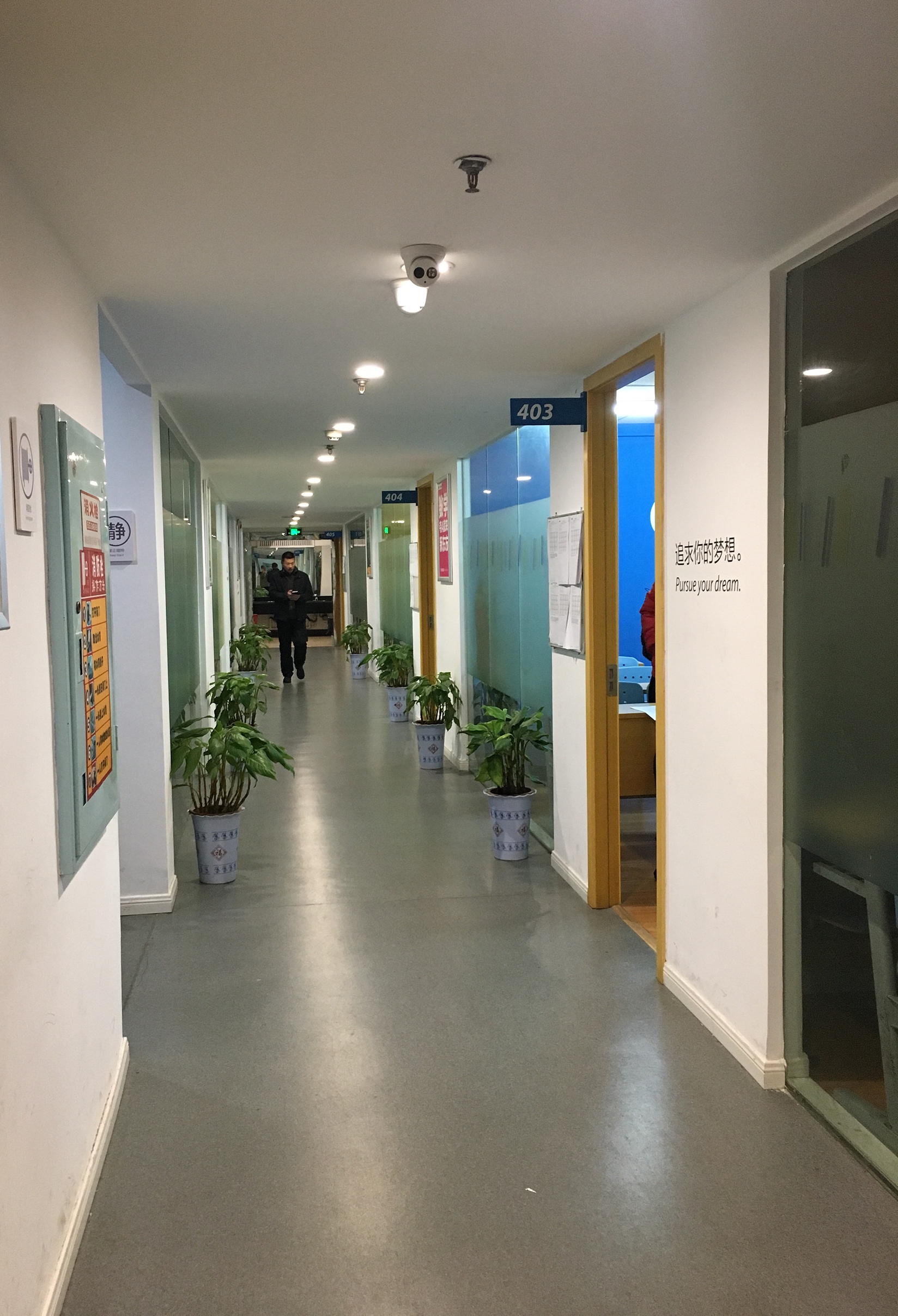

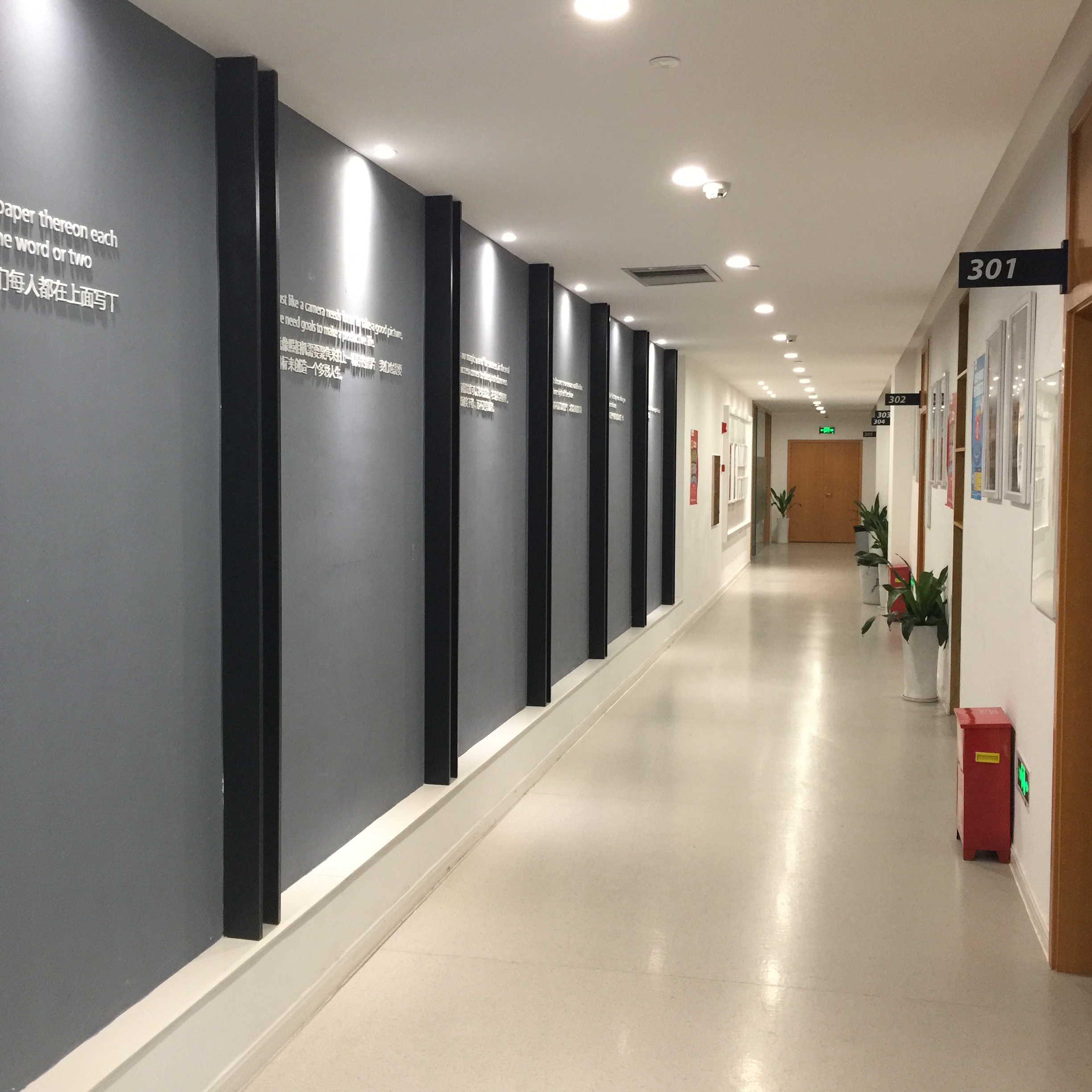





 京公网安备11010802021790号
京公网安备11010802021790号



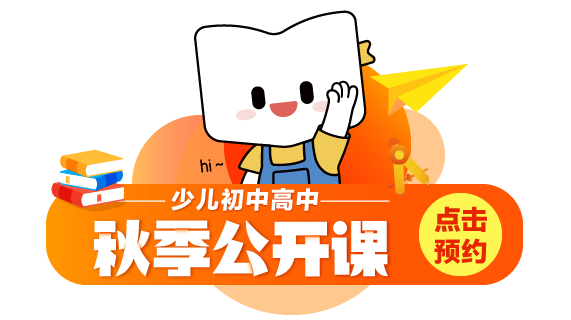





 学习资料
学习资料
